Have you ever realised that you could be making extra money from selling everyday items which you throw away?
Well, if you haven’t, get rummaging through those bins as you might be surprised to discover just how much your rubbish is worth to other people.
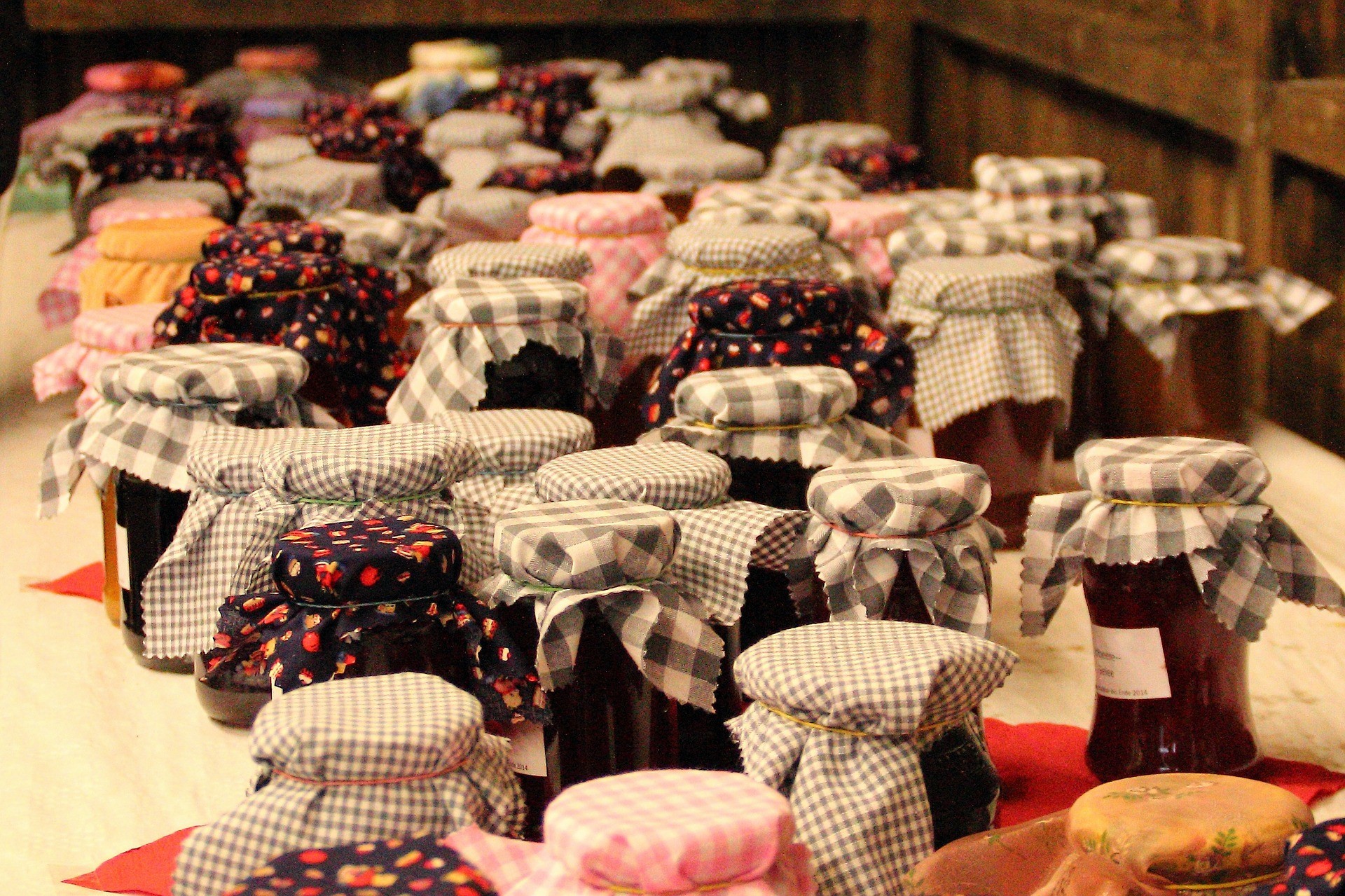 There are plenty who will pay for the items you normally discard, and people who do arts and crafts are always on the lookout for everything from loo rolls and wine corks to jam jars.
There are plenty who will pay for the items you normally discard, and people who do arts and crafts are always on the lookout for everything from loo rolls and wine corks to jam jars.
The next time you earn cashback with us on your food shopping, fashion or electronics, you might want to take a look at what you put in your bin as you could be throwing away good money.
If you are now thinking that there could be a small fortune lying there in your dustbin and want to know more about how you can turn your trash into cash, do not fear as we have come up with some advice about what to sell and how to earn money from doing so.
What to sell
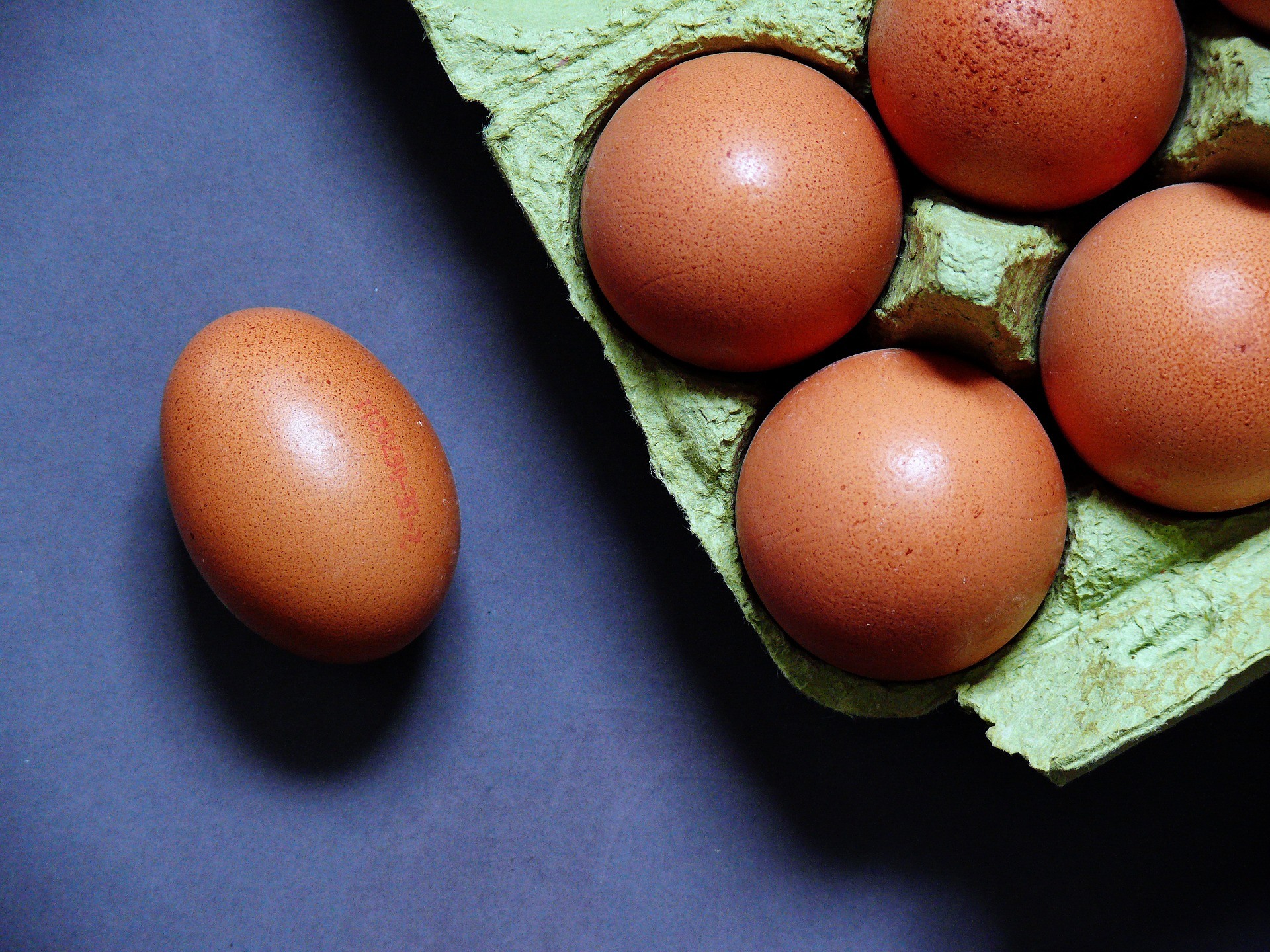 Egg boxes: old empty egg boxes are very popular, and if you sell a batch of around 50, you can expect to get a cracking £6, or thereabouts, for them. If your family gets through one or two boxes a week, they will soon mount up, while they are easy to store and cheap to post as well, making them a great option when you are thinking of how to make money from home by selling your rubbish.
Egg boxes: old empty egg boxes are very popular, and if you sell a batch of around 50, you can expect to get a cracking £6, or thereabouts, for them. If your family gets through one or two boxes a week, they will soon mount up, while they are easy to store and cheap to post as well, making them a great option when you are thinking of how to make money from home by selling your rubbish.
Boxes: eBay sellers who need packaging for items they are selling are always on the lookout for cheap, good quality boxes. When we purchase something which arrives in a box, it usually goes straight in the bin - once we have managed to flatten it out and fold it numerous times so that it actually fits in - but they could be valuable. However, they are a nightmare to post, so sell them locally if you can. Small boxes can fetch around 50p, while larger ones can go for £2 or £3.
Plastic milk bottle tops: just think of how many cartons of milk you go through each month. Whether yours are green, red, blue, yellow or purple, the tops off plastic milk cartons will soon mount up when you start collecting them and they are easy to store. What’s more, if you collect 100 of them, you could sell them for just under £10.
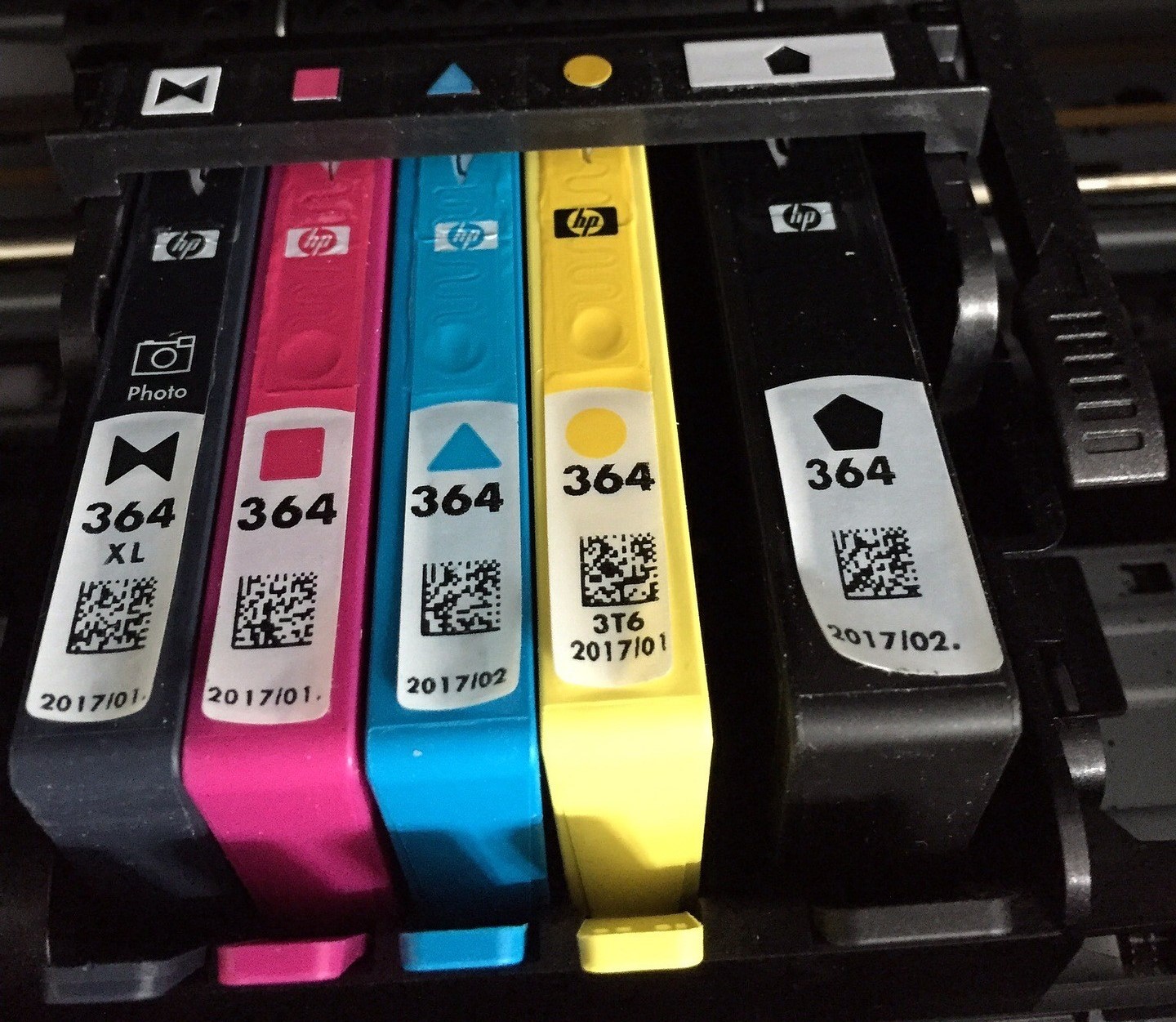 Empty ink cartridges: private buyers and companies who specialise in selling them on when they have been recharged are always on the lookout for empty used ink cartridges, while if you sell them, not only will you be earning some extra cash, but you will be helping to save the planet too.
Empty ink cartridges: private buyers and companies who specialise in selling them on when they have been recharged are always on the lookout for empty used ink cartridges, while if you sell them, not only will you be earning some extra cash, but you will be helping to save the planet too.
Magazines: we have all taken out a magazine subscription thinking it will be great to keep them as a keepsake only to dump them in the loft and forget about them. If you are having a clear-out, do not be tempted to throw them away as you might be sitting on a small fortune, depending on the magazines you have. Early editions can fetch a lot of money, while even if your magazines are more modern, or even current, you will find collectors who could be in need of a specific one they do not have.
Metal ring pulls: did you know that you can make around £3 for 200 silver ring pulls from fizzy drinks cans? What’s more, if you have a collection of black, red or blue ones, you could get around £4 for 200 of them. You can either sell all of the same colour or offer a mixed bag.
Coffee jars: if you need a mug of Douwe Egberts coffee before being able to function in the morning, their thick glass jars with fancy lids are not only collectable in their own right, but they can also be used by jam makers, people who sell their own yankee candles or for table decorations. Soak them and peel off the labels, and you can expect to fetch around £5 for two 190g jars, while five of the smaller 50g jars will sell for around £10. A word of warning - do not be tempted to try your own crafting ideas out on the jars as you are likely to reduce the selling price.
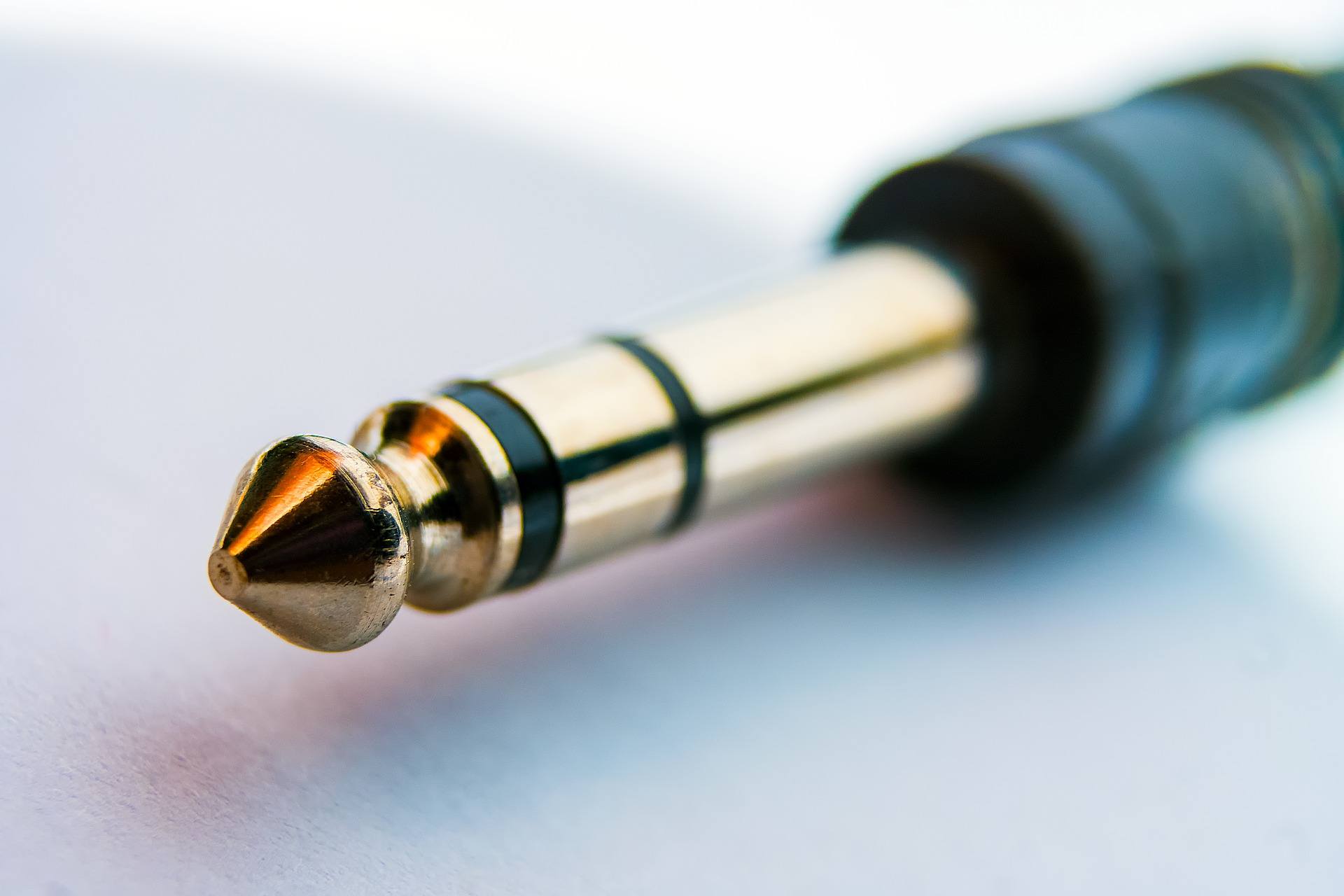 Cables: let’s be honest, we all keep those spare cables ‘just in case’, and probably have a mountain at the back of a cupboard or stuffed in a drawer somewhere. What you might not be aware of is that there is a huge market for replacement cables, as well as phone and laptop chargers, which can go for as much as £10 - or £20 if they are no longer available to buy. If you do not have the electrical item which the cable or charger is for, you might as well make some money from it.
Cables: let’s be honest, we all keep those spare cables ‘just in case’, and probably have a mountain at the back of a cupboard or stuffed in a drawer somewhere. What you might not be aware of is that there is a huge market for replacement cables, as well as phone and laptop chargers, which can go for as much as £10 - or £20 if they are no longer available to buy. If you do not have the electrical item which the cable or charger is for, you might as well make some money from it.
Wine corks: to the majority of us, they are those pesky little things we have to remove to get to the good stuff. However, crafters love wine bottle corks, while they can also be used as floats by fishermen. Whether you regularly enjoy a bottle of wine, prosecco or Champagne, you can expect to get around £5 for 50 corks. They are great for making picture frames, cork boards and Christmas decorations, so always prove to be popular items.
Toilet and kitchen roll tubes: most of us, as a child, will have used the cardboard from an empty toilet roll to make something at school, meaning they are very attractive to arts and crafts enthusiasts, while they can also be used by gardeners to train seedlings when being transported to the garden. While not exactly leaving you flush with cash, a bundle of 60 toilet tubes can fetch as much as £6, while kitchen roll tubes are often more profitable as they are harder to get hold of - and can be sold in smaller numbers.
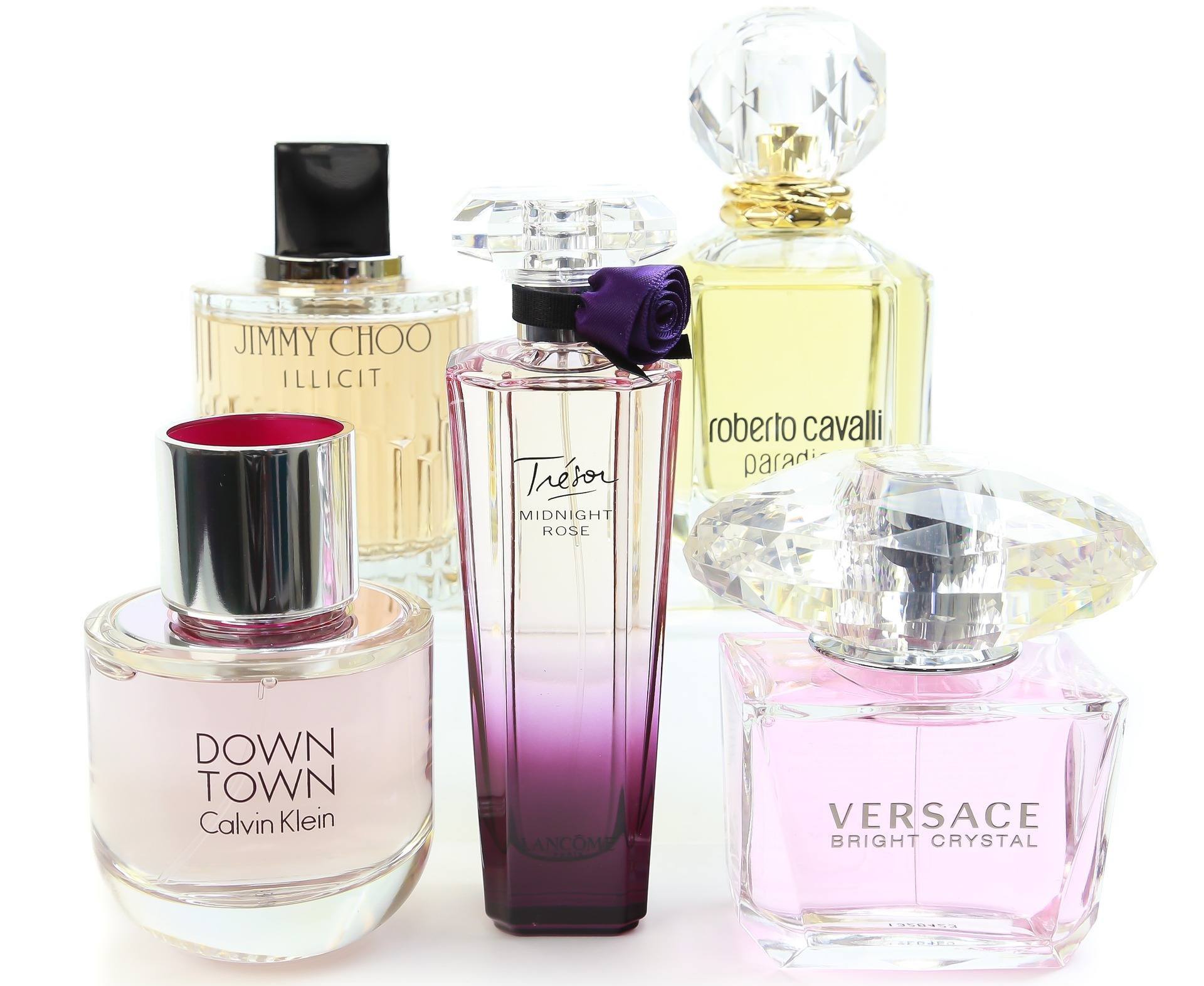 Choosing What to Sell
Choosing What to Sell
Now you know about some of the items you can make money from, it’s time for you to decide on what you are going to sell. You will need to bear in mind that you are going to have to collect enough of your chosen item to be able to sell in bulk, which is often the best way to maximise your ability to make the most profit with the majority of the products listed above.
Do your research to find out how many of each item you will need to effectively sell them in a bundle, while you will also need to think carefully about whether you have the space to store them, depending on how big the individual items are and how many you will need to collect before you can package them together.
If you live in a studio flat, you will probably not want to have boxes stacked up everywhere, so you should go for something small like wine corks, milk bottle tops or can ring pulls, or choose empty perfume bottles, which can be sold individually, or jam jars, which you can list two or three at a time.
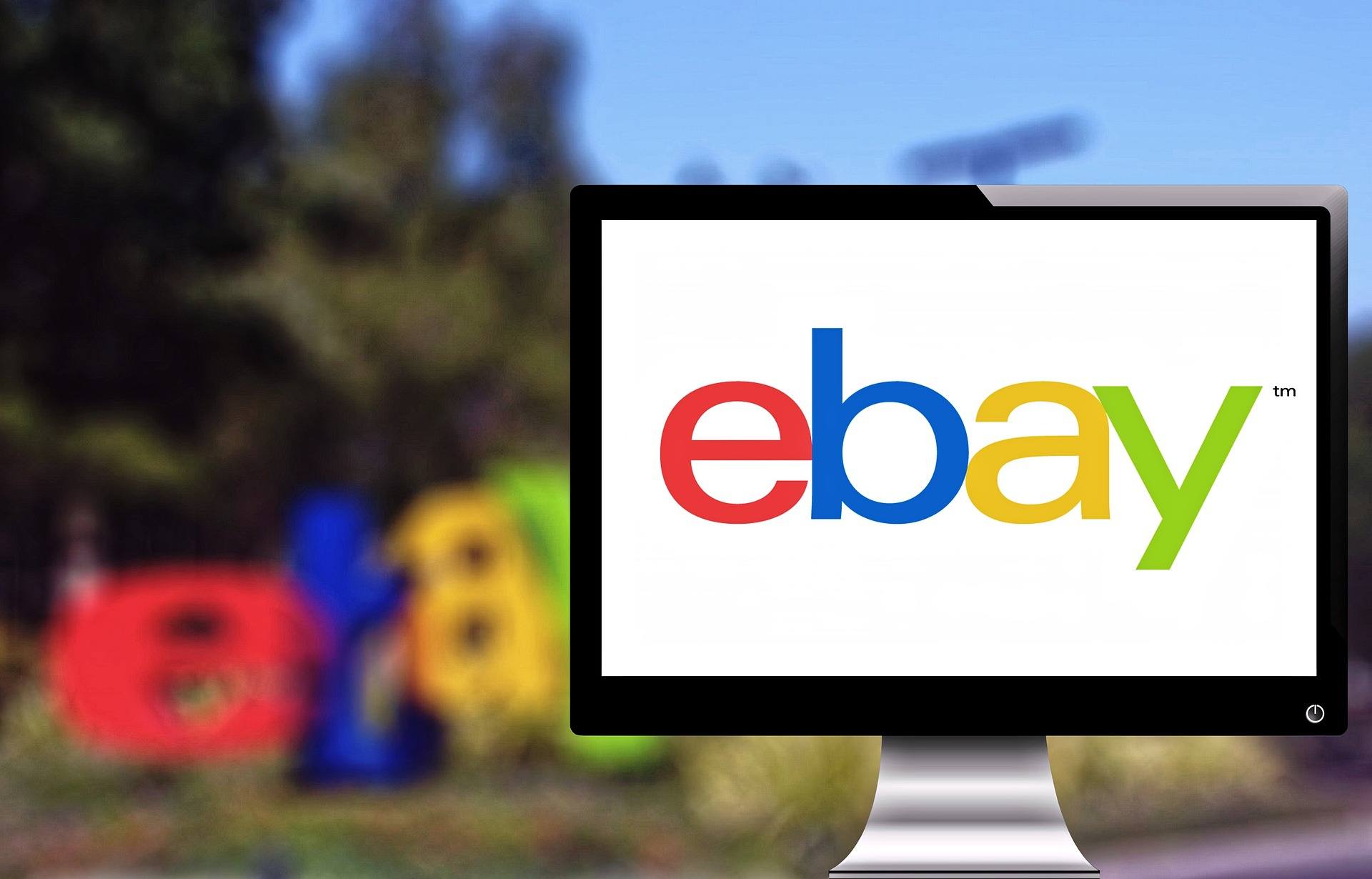 Where to List Items
Where to List Items
Once you have made your mind up about what you are going to sell, the next decision you need to make is where you are going to sell your items. You may find that some sites are better for selling certain items, so make sure you do your research before listing.
You can opt for an auction site or choose to list your items through classified ads, but you should go for the method which is best for you by taking into consideration factors such as how much you will be charged to list items and whether you are happy to pay postage fees or would prefer buyers to collect your items.
The first place you will probably think of when it comes to selling unwanted items is eBay. They will allow you to list 20 items each month for free, though they will take 10% of the price you get for everything you sell.
If an item does not sell, you will not pay any fees, meaning you will not have lost anything, while another plus point of eBay selling is that they provide you with security in the form of seller protection.
If you would rather not have to pay a fee, Gumtree is a classifieds site which allows you to sell face-to-face or through the post, though there is less formal seller protection offered.
This option is particularly good if you are looking to sell things locally and, as a result, you will probably not have to worry about postage as the buyer will likely collect the item from you.
Preloved is another of the free selling sites, but, again, there is little seller protection, so you should sell face-to-face if you go down this route when thinking of how to get cash for rubbish.
This is also the case with Facebook groups and Facebook Marketplace, which allow you to sell unwanted items to others in your community for free.
More Listing Tips
However you decide to sell, your items will need to be in good condition as, although they might just be rubbish to you, they are likely to be used for craft projects by the people who buy them.
As a result, although the items you are selling have no value to you and you do not see them as being desirable, you should still take great care when listing them. The photographs you take should ensure the items stand out and highlight the condition they are in - especially if they are in very good condition.
When compiling your listing, you should make sure you use the right keywords in order to attract the buyers who will be keen on your items. Do this by searching sold listings to see what other sellers offering the same items used while also thinking about what the products you are selling are likely to be needed for.
If you are going to have to post your items, you will need to research postage costs to ensure you charge the correct amount for the weight and size of the package you will be sending.
A couple of great money savings tips which could help you make even more money including asking your local supermarket or shop for empty cardboard boxes, while old newspapers are a great alternative to bubble wrap or tissue paper when it comes to wrapping items.
We hope this has inspired you to consider selling your rubbish for cash, while if you already do so, why not tell us in the comments below what items you sell and how much you get for them?
 ENTER
ENTER